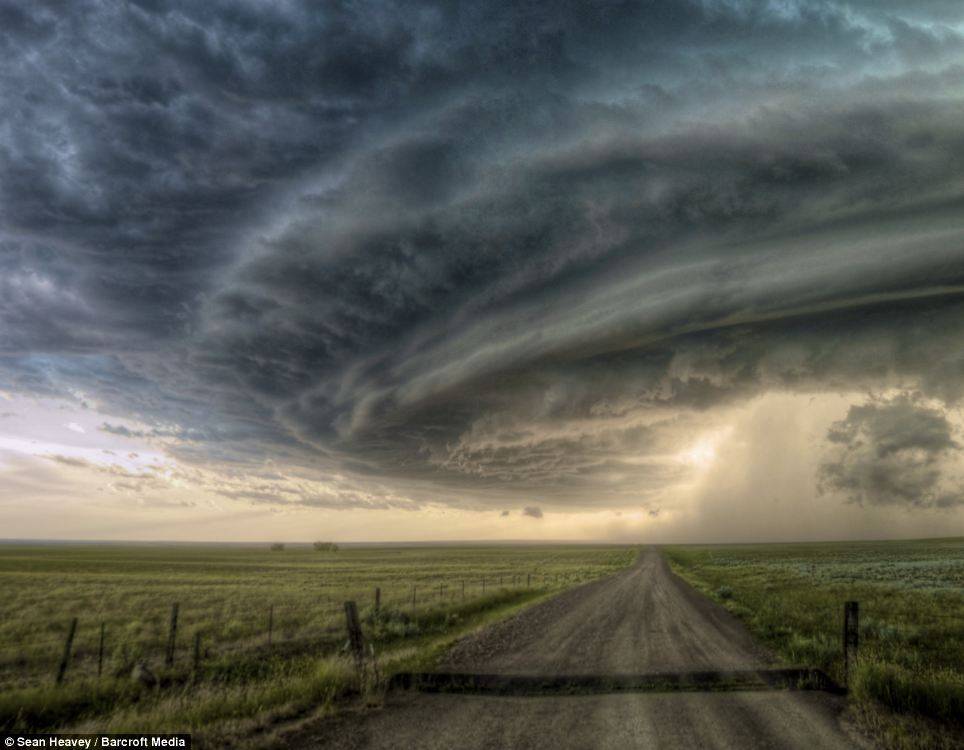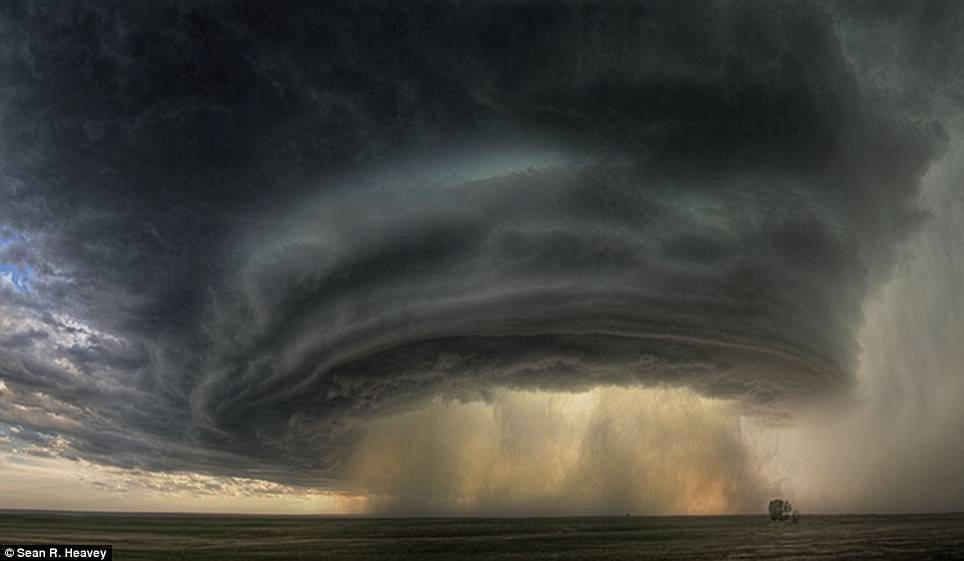mdn2000
Rookie
- Thread starter
- Banned
- #21
Thats right, everywhere I go everyone is astonished at the freezing cold that has gripped Europe. I have the privilege of working with people from Slovenia, Argentina, Romania, and
Spain (I am in Spain). Everyone is talking about the sudden, abrupt change to winter so early in the season. The news is full of reports from England about the danger of the cold, I have yet to see the news this morning but last night the worry was they would not be able to move food on the frozen roads. Even the Russian TV station is speaking of extreme cold.
This is the beginning of a new Ice Age.
Dont look for the news reports in the USA, compared to the rest of the world there is a news blackout. So many events are not reported at all in the USA.
BBC News - European countries battle weather chaos
3 December 2010 Last updated at 05:19 GMT
European countries battle weather chaos
Snow brings further travel misery
In pictures: Snow blankets Europe
People across northern Europe are still facing heavy snow and freezing temperatures, with more cold weather forecast for the weekend.
Up to 28 people are thought to have been killed by the cold or in weather-related accidents.
Thousands of people have been left stranded after roads and rail networks were disrupted and airports closed.
In the Balkans, heavy flooding has forced more than 1,000 people to evacuate their homes.
Temperatures in Poland have fallen to as low as -33C (-27F) in the past few days.
Global warming will do that
How




